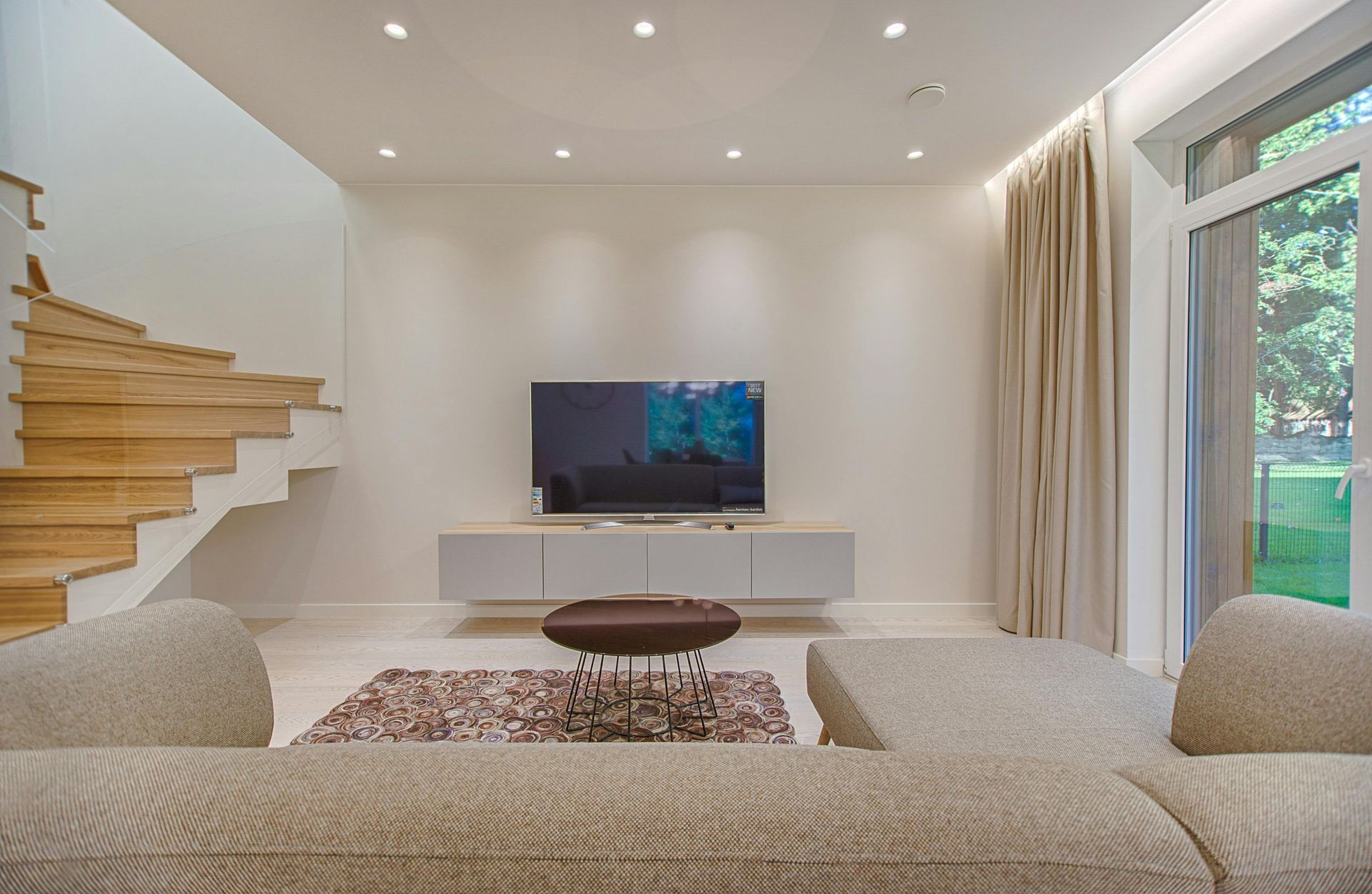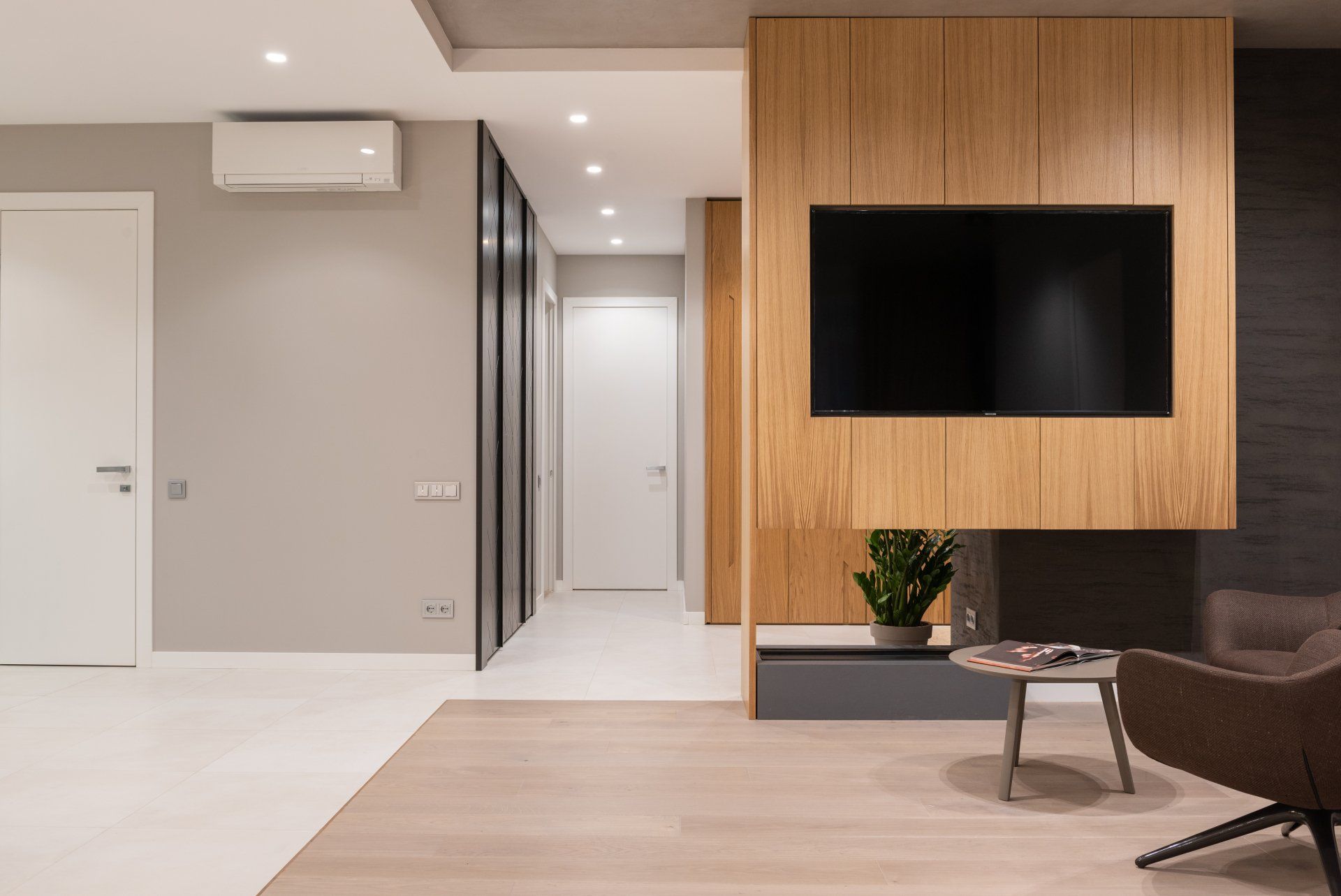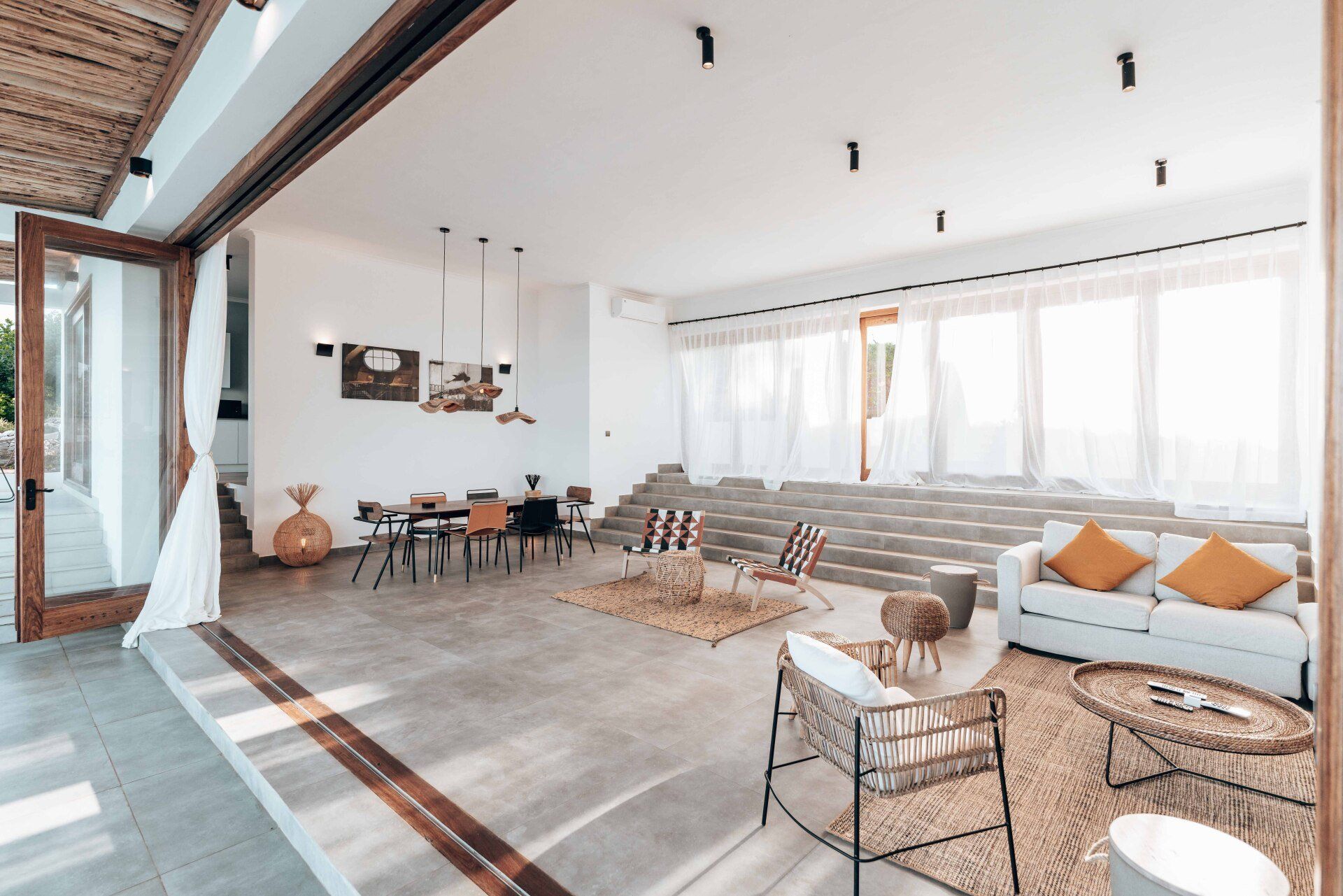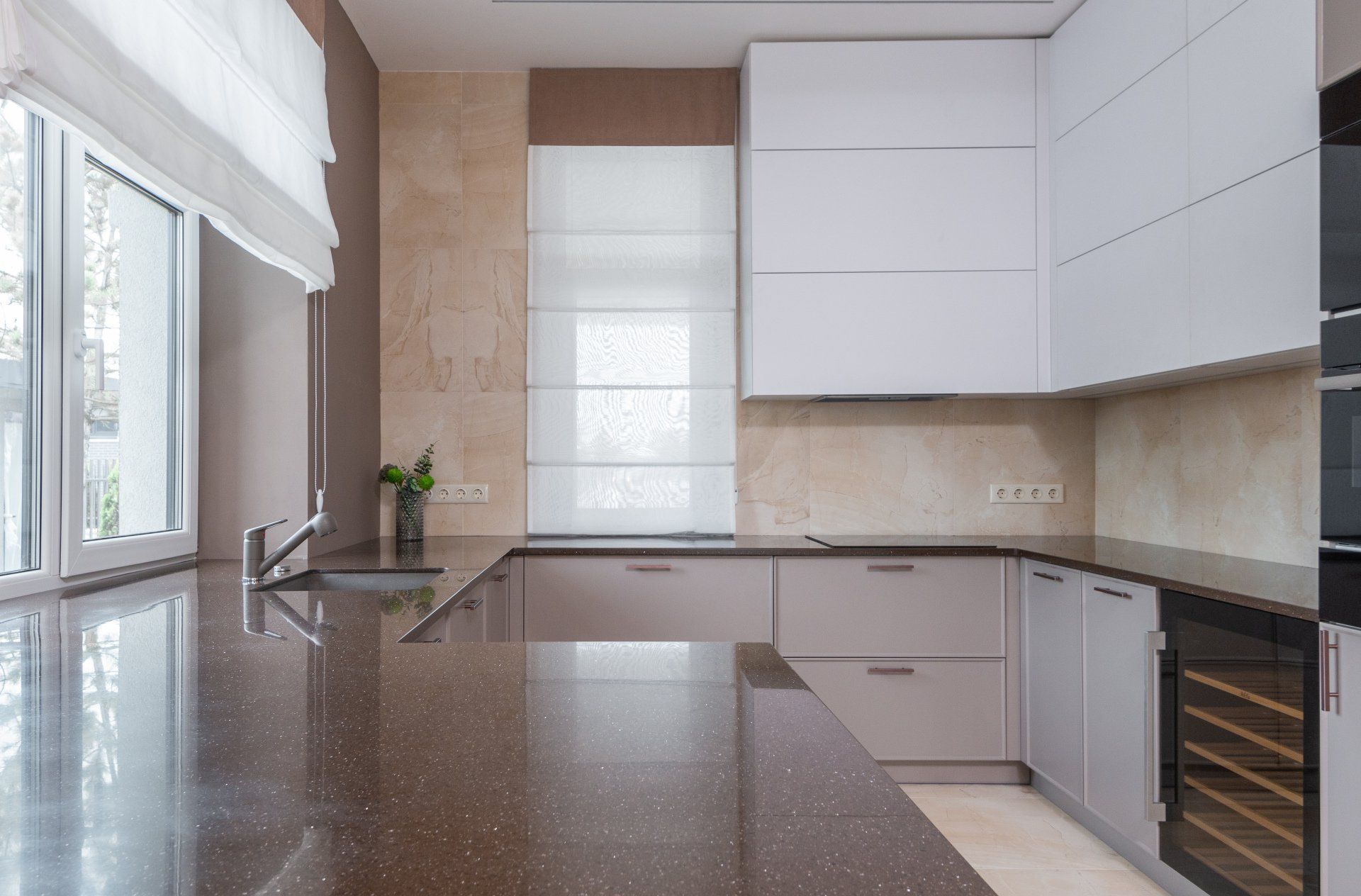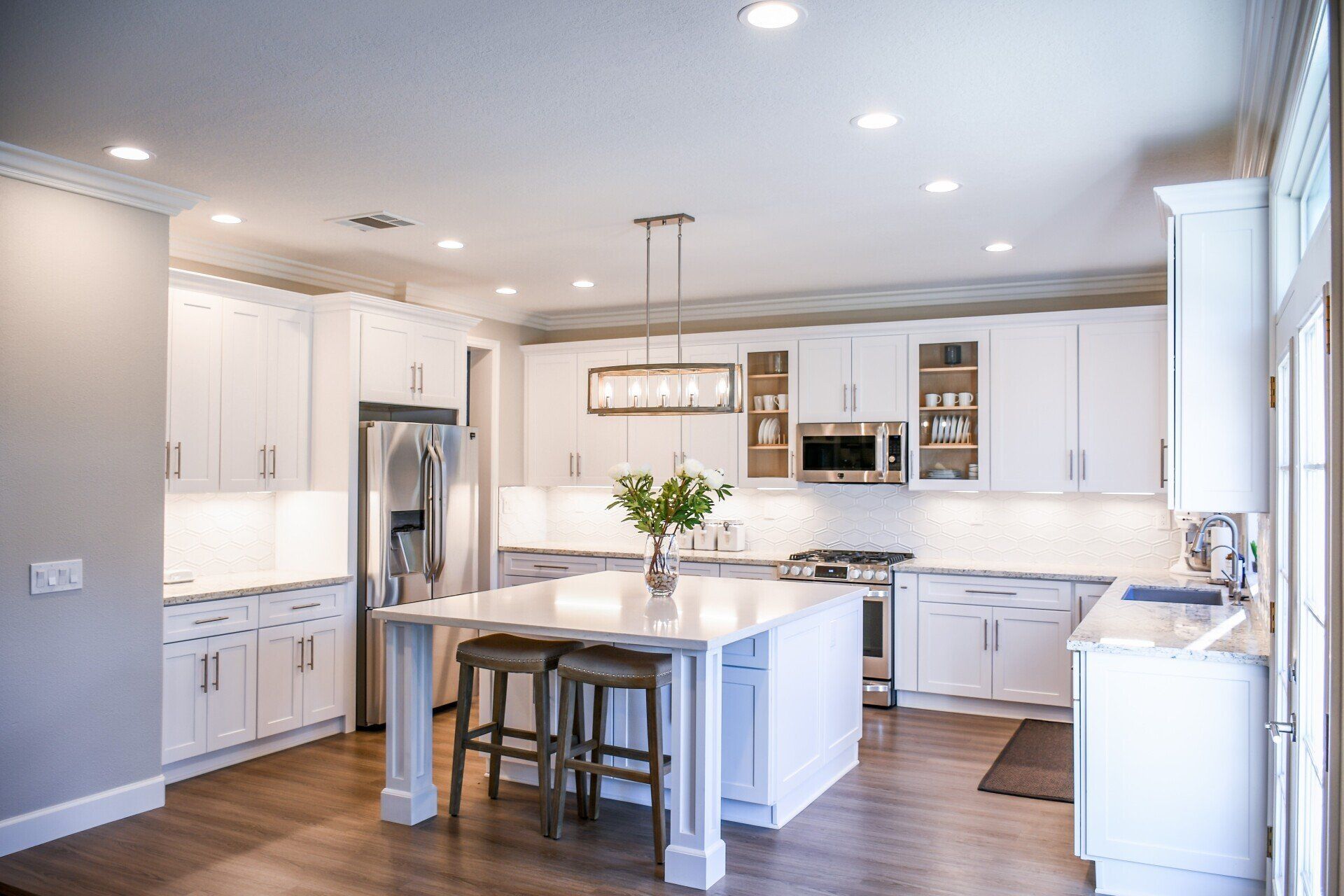All About Prewiring
Prewiring: Why you need it!
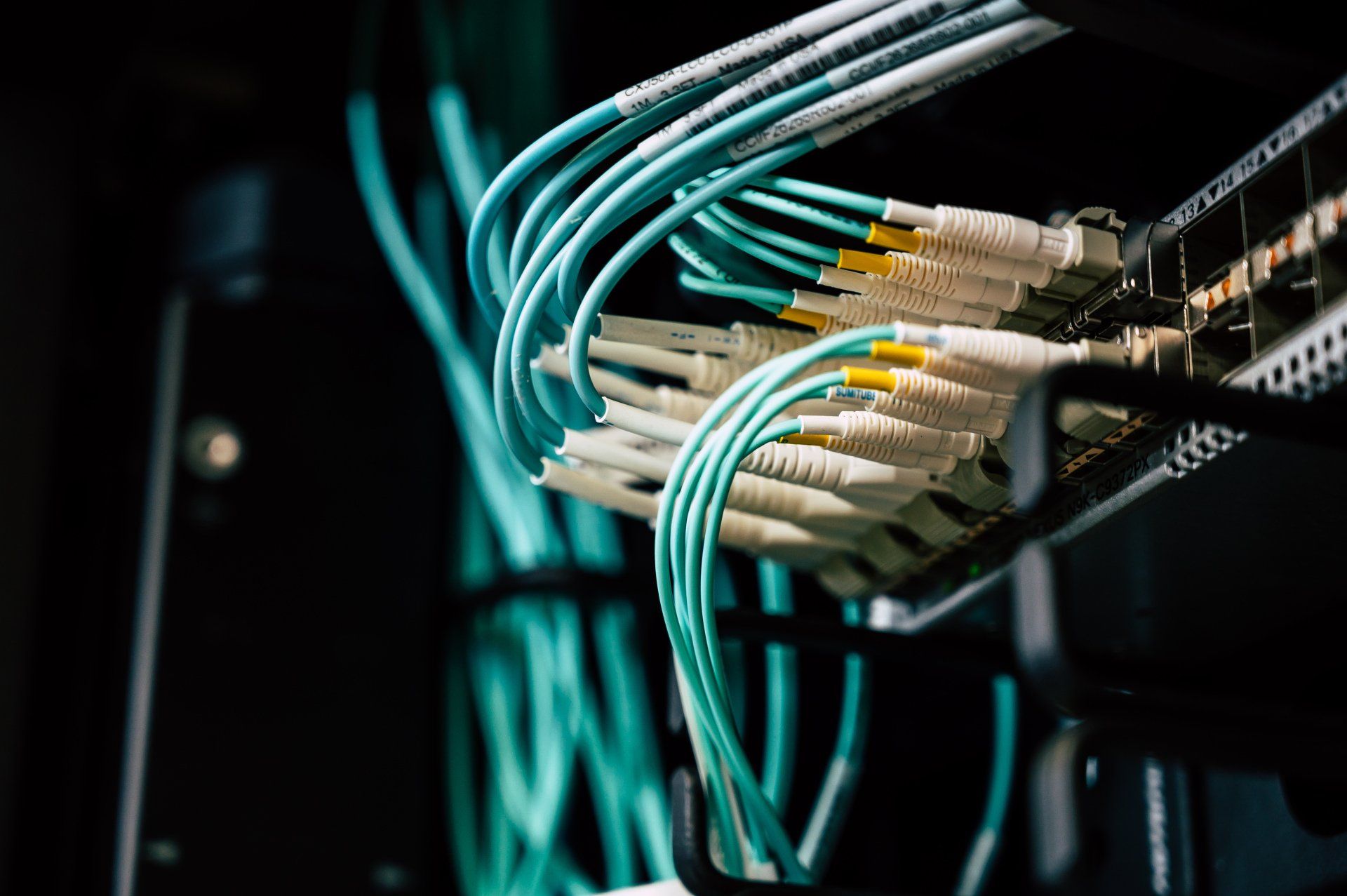
Homeowners are faced with an overwhelming amount of questions during any kind of construction project, whether they’re building a new home or having a remodel done to their existing home. One of the questions our customers often ask us is if prewiring is really necessary. We want to go over prewiring in a little more detail in this article and
What is Prewiring?
Prewiring is low-voltage wiring that is installed prior to being used or needed in a low-voltage system. For example, if you wanted to build a theater room in your new house, you would need to run wires from a central location to each speaker location. In today’s technology-centered world, prewiring is essential. We can all agree that technology is here to stay. It makes sense to build the infrastructure in our homes to handle and adapt to technology as it constantly improves. The standard practice is to run all the low-voltage wires from one central location and terminate in various rooms throughout the house. When construction is finished, we’ll install all the equipment to make use of those wires at that central location, usually in a rack or cabinet. This simplifies any equipment installation and creates a clean, finished look in your home.
What should you prewire for?
1) Speakers and Audio Equipment
If you have any interest at all in whole-home audio or any kind of surround sound setup for your television, prewiring for speakers and amplification is a must. The moment you have drywall installed on the project, the level of difficult in running the necessary wires increases dramatically. Having open access to all the walls and raceways is when the wires need to be installed.
2) Video and Video Sources
In the age of 4K and 8K televisions, you want to get the most out of your TV. There are so many options available for content and it makes sense maximize the use of your screen! You also need to consider how you’re going to control your TV. Most devices are controlled with IR (infrared) signals, which require line-of-sight to function properly. If you don’t want to look at the devices connected to your TV, you should plan accordingly and have wiring installed to solve that problem. We often run at least 3-4 Cat6 cables to each TV, which allows you to use HDMI over longer distances and control any IR devices without having to have them stacked up next to the television.
3) Networking
The internet has come a long way and life basically runs on the internet. This may be the biggest reason to prewire your home, especially with so many home offices being set up. You will absolutely need a solid network and we recommend running Cat5e/Cat6 to almost every room in the house. You may not need it in every room, but if you decide to shuffle things around after a few years and move your office down the hall, you’re going to want to plug into the network. We also recommend prewiring for wireless network access points in strategic locations throughout the house.
4) Home Automation
While not everyone is into home automation, it is worth spending a little extra money to put the wires in place. Technology is always improving and home automation might become something you decide you want to implement, even if you just want to simplify all the remotes in your house into one universal remote. You never know what the future brings and putting the wires in place is going to be a smart decision.
What are the benefits of prewiring?
1) Convenience
As mentioned above, the best time to run wires is before any drywall goes up. It will almost always be a major headache if you need a wire installed after the construction is complete. When the walls are open, we can get in and put the wires exactly where they need to be, with much less mess and much more speed. It is gut-wrenching to finish your remodel or new build only to realize 6 months later that you needed low-voltage wiring, and now you need us to come in and cut up those nice new walls!
2) Concealed wiring
A lot of effort goes into home construction, and it is a shame to go through all that effort only to have wires hanging down from the TV in the family room. Being able to conceal the wires in the wall during the prewiring phase creates a polished final product. It may sound minor now, but when the project is complete, you’ll be glad you prewired.
3) Cost effective
If you need to run wires after construction is finished, you can easily pay 5-10 times more per wire, depending on how difficult it is to get the wires where they need to go. Like anything else, it is better to just do it right upfront and not have to worry about it later. That’s not to say wires can’t be run later, but you’ll pay more and it will be messy! It may not feel like saving money when you’re paying for prewiring, but in today’s world, anywhere you can save money is critical.
4) Future proofing
Even if you don’t want or care about internet or cable in each bedroom, it is still a good idea to put it in place. It’s a fact of life that people will change their minds! And if you have wires in place and future you decides to change your mind, you’ll be glad you have the wiring there.
So, there you have it. In today's world, prewiring should be considered an essential part of any remodel or home build. Those low-voltages wires will become more and more necessary, so don't overlook prewiring. If you'd like to bounce any ideas off of us or want a quote for prewiring your project, don't hesitate to reach out! Quotes are free and we'd love to chat!

